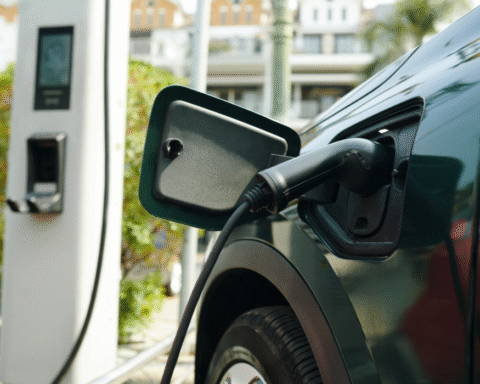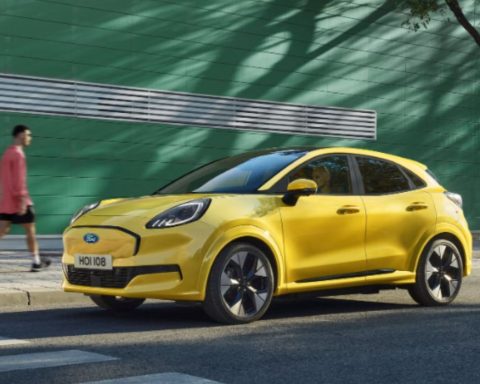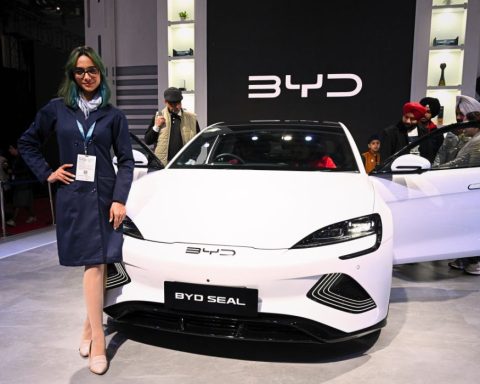British technology company Dyson will spend £2.5 billion on developing a “radically different” electric vehicle by 2020, according to an announcement by founder and chief engineer James Dyson in September.
The project will rely on the nascent technology of solid-state batteries, as opposed to the more widespread lithium-ion technology used by Tesla and other electric vehicles. Proponents of solid-state technology describe the battery packs as smaller, more powerful and easier to charge. Toyota has previously expressed interest in the technology, as has Porsche.
Dyson is envisioning electric vehicles as the future of the company, betting that the division begins to eclipse other revenue sources for the company over the next few years. The vehicles are unlikely to be geared to the mass market, instead listed at a premium price point similar to the company’s vacuum cleaners and other consumer goods.
“There’s no point doing something that looks like everyone else’s,” Dyson said in an email to his employees in September. “It is not a sports car and not a very cheap car.”
Progressing in secret since 2015, the company has hired over 400 engineers to work on the project at its headquarters in Malmesbury, England. This list includes a number of former engineers from Tesla and Aston Martin, among others.
Dyson has struggled to keep the project under wraps, with rumours flying around the company over the past decade that it was planning to pursue an electric vehicle.
A British government document in 2016 accidentally disclosed the reason for battery technology investments by Dyson when announcing a research grant, which was promptly altered. Court filings from 2015 released in September also show that an engineer Dyson was considering hiring for the project likely informed rival Tesla of the company’s electric vehicle plans back in 2015.







